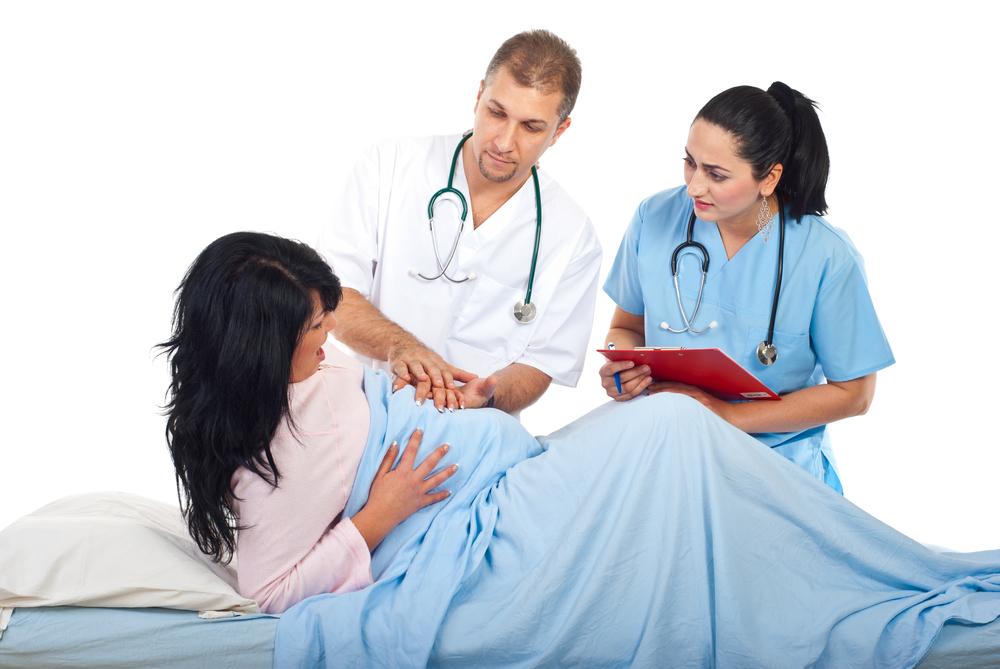What Are The Most Common Complication In Pregnancy?
Posted By : Ellen

Most Common Pregnancy Complications
Some may experience less complication during pregnancy and some may experience more complications than others.
The most common pregnancy complications include:
Ectopic Pregnancy:
- It can be caused by sexually transmitted disease, such as chlamydia, or an infection, such as pelvic inflammatory disease. Women who have undergone sterilization procedures or other female reproductive disorders or have been diagnosed with endometriosis are also at risk.
- If the fallopian tube is getting tighter, or narrower, the egg is fertilized outside the uterus in the tube, and therefore called “Tubal pregnancy”.
- Causes heavy bleeding, dizziness, severe pelvic painand may even result in death.
- Methotrexate or emergency surgery are used for treatment.
Rh Negative Disease:
- Rhesus isoimmunization.
- The presence of a protein surrounding red blood cells determines the Rh factor. Women without this protein is considered to be Rh negative.
- If the mother is Rh negative, and child is born Rh positive, she may build up antibodies against the next Rh positive baby.
- During the beginning of the pregnancy, Rh sensitization must be tested in order to prevent additional complications.
- RhoGAM is a medication given around 28 weeks to prevent the build-up of these antibodies.
- If the baby is Rh positive, RhoGAM is again given after birth.
Group B Strep:
- Group B Strep is the leading cause of infections in newborns.
- Different from group A strep (strep throat).
- Doctors detect Group B Strep through cultures during pregnancy.
- It can be treated during or after pregnancy.
Preterm Labor:
- When the mother’s body is trying to deliver the baby before she has reached full-term or 37 weeks.
- It may result in delivering the baby too early when the contractions are closer, stronger, and longer.
- Can feel like menstrual cramping or a subtle backache.
- Bed rest and medications are necessary to help the pregnancy go full-term in severe cases.
Gestational Diabetes:
- When a woman’s body does not make enough insulin, it may result in gestational diabetes during pregnancy.
- Usually developed in second trimester.
- Mostly treatment is through diet or insulin since pills cannot solve the issue.
Low Birth Weight:
- Caused by poor nutrition during pregnancy
- It can be an effect of a STD or other contagious diseases or in cases of no prenatal care.
- When a baby is born prematurely, it stays in the hospital for up to four months.
- Babies with low birth weight issues are at a serious risk of respiratory infections, blindness, learning disabilities, cerebral palsy and heart infections.
